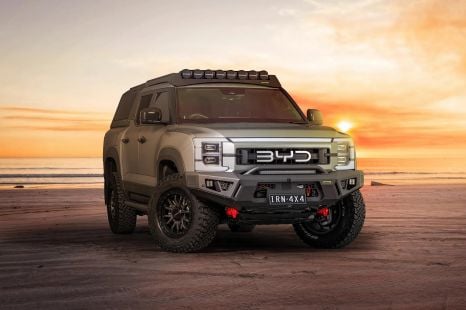

William Stopford
BYD Shark 6 gets higher payload thanks to GVM upgrade
4 Hours Ago
Stellantis' new platform for large cars and SUVs will support electric, hybrid and petrol power, and front-, rear- and all-wheel drive.

News Editor
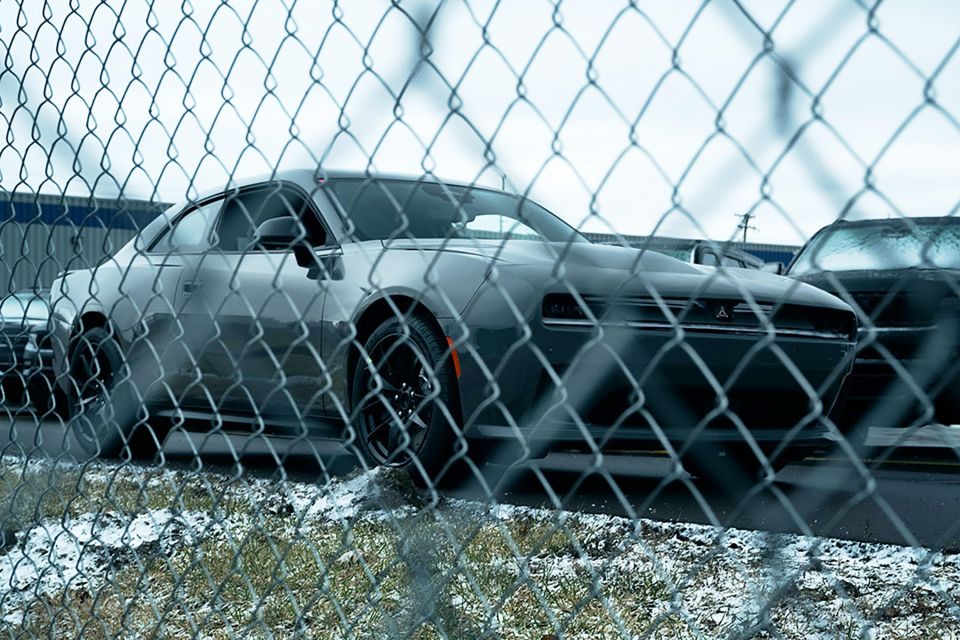

News Editor
Stellantis is preparing a bevy of vehicles on its new STLA Large architecture, with eight vehicle launches planned across five brands from 2024-26.
But this “highly flexible, BEV-native” unibody platform will support not only electric vehicles (EVs), but also hybrid and traditional internal-combustion powertrains.
The company says it can support these “without compromising key vehicle capabilities”, which “provides a bridge for customers around the world during the transition to electric propulsion and the development of a robust and widely available charging network”.
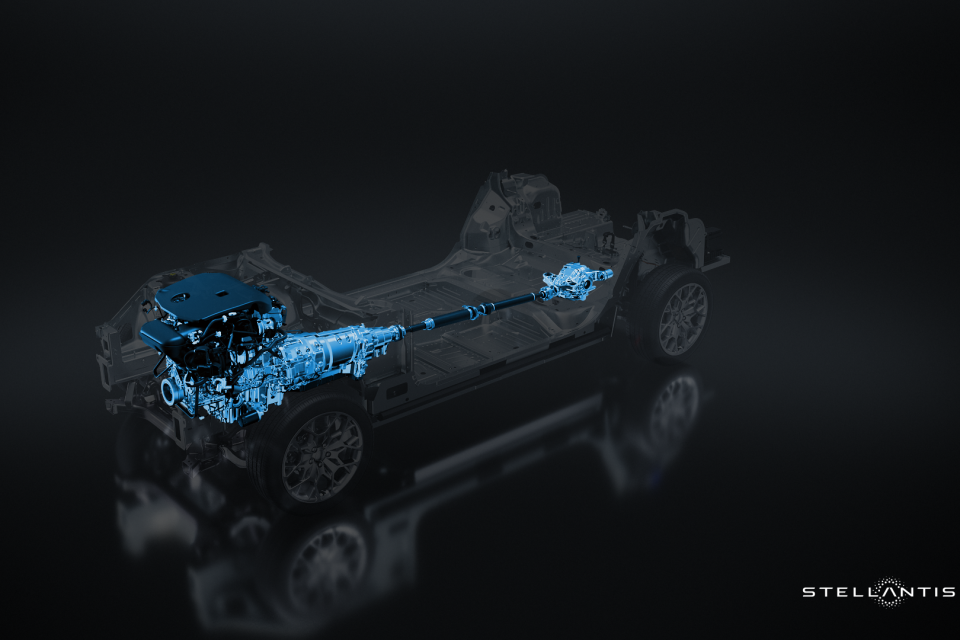
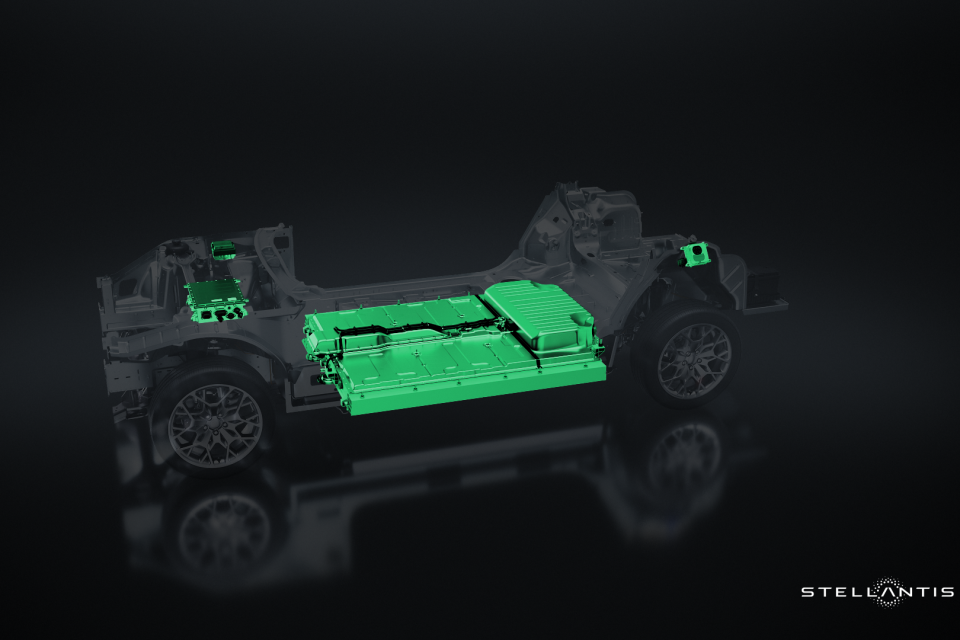
The first STLA Large vehicles will come from the Dodge and Jeep brands, with Alfa Romeo, Chrysler and Maserati models to follow. They’ll be built in Europe and North America.
Stellantis says it’ll support vehicles in the D-segment – think mid-sized passenger cars like the Toyota Camry and mid-sized SUVs like the Mitsubishi Outlander – as well as the E-segment, home to models like the defunct Chrysler 300 (cars) and the current Jeep Grand Cherokee (SUVs).
It also says the platform will underpin not only cars, but also crossovers and more rugged SUVs with a range of suspension modules and powertrain cradles available. It can also support limited-slip differentials and wheel end disconnects.
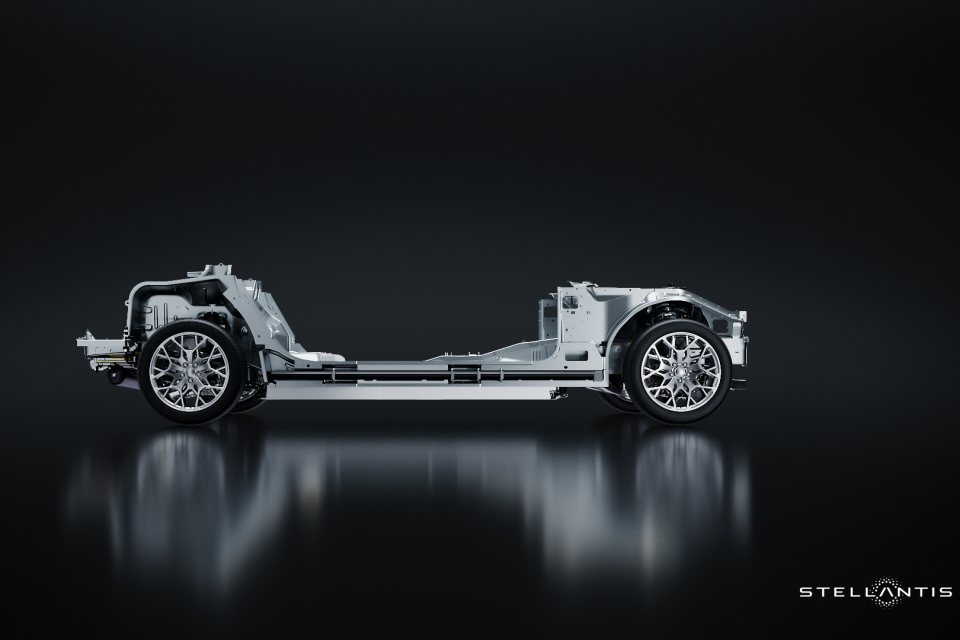
It can support front-, rear- and all-wheel drive configurations with combustion-powered models offering either transversely or longitudinally mounted engines.
Electric versions will offer either 400-volt or 800-volt electric architectures, with batteries ranging from 85 to 118kWh and 0-100km/h times as quick as in the two-second range.
Stellantis is also targeting an overall range of 800km for sedans, and says the platform is “engineered to easily accept future energy storage technologies when they reach production readiness”.
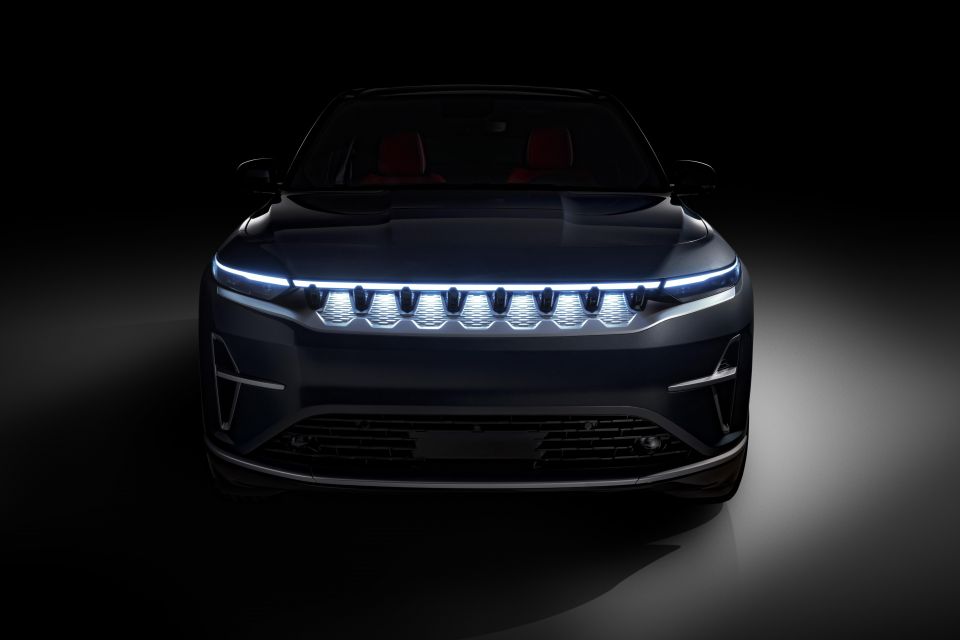
STLA Large vehicles will measure between 4764mm and 5126mm long, 1897 and 2030mm wide, with wheelbases ranging from 2870 to 3075mm.
Ground clearance will be between 140 and 288mm, depending on the vehicle.
“Our goals for our STLA platforms are ambitious but this is what our customers need from us today,” Stellantis CEO Carlos Tavares said.
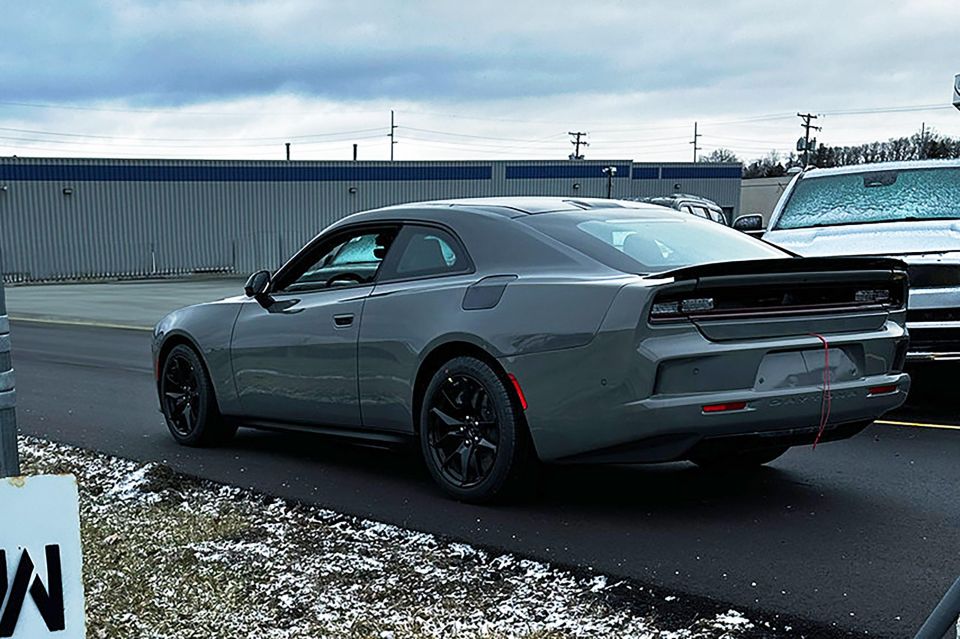
“Creating a family of vehicles from a well-engineered set of components that is flexible enough to cover multiple vehicle types and propulsions, overperforming any of our current products, will address each of our iconic brands’ customers.
“The flexibility and agility of this platform is its hallmark and will be a driving force for our success in the shift to electrification in North America.”
The STLA Large platform has been confirmed for use in the upcoming Jeep Wagoneer S crossover and Jeep Recon off-roader, and is understood to underpin the production version of the Dodge Charger SRT Daytona concept.
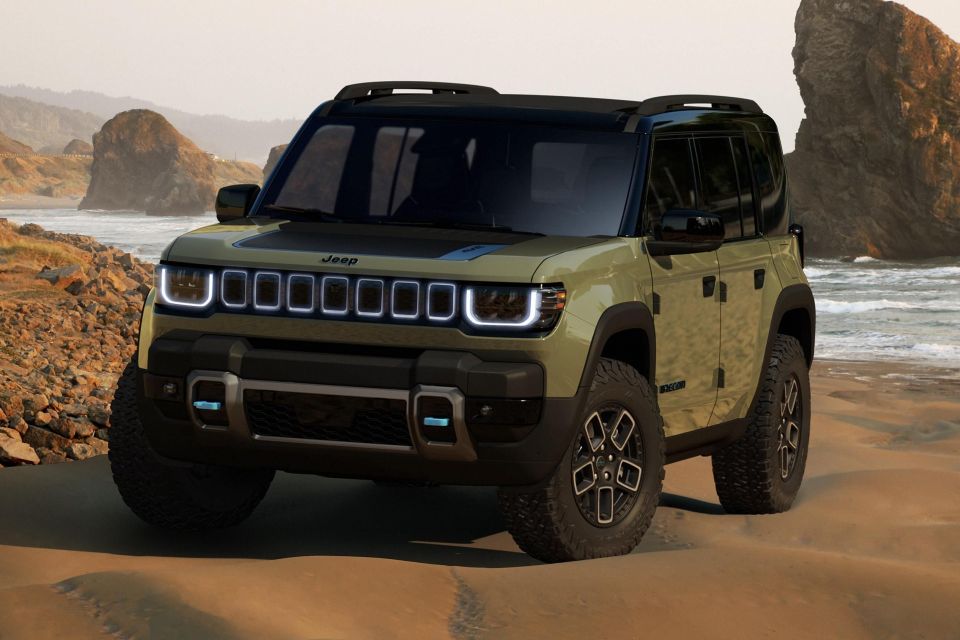
Stellantis is targeting a 100 per cent passenger car EV sales mix in Europe by 2030, and a 50 per cent passenger car and light-duty truck EV sales mix in the US by the same year.
It aims to have 48 EVs on the market by 2024, and is rolling out a range of platforms: STLA Small, STLA Medium, STLA Large and STLA Frame.
Stellantis first detailed the new platform at its 2021 EV Day.
At the time, it said it was working on a “long-range luxury sedan”, a “heart-of-market” EV and EV SUV, and a new mid-sized Ram pickup truck.
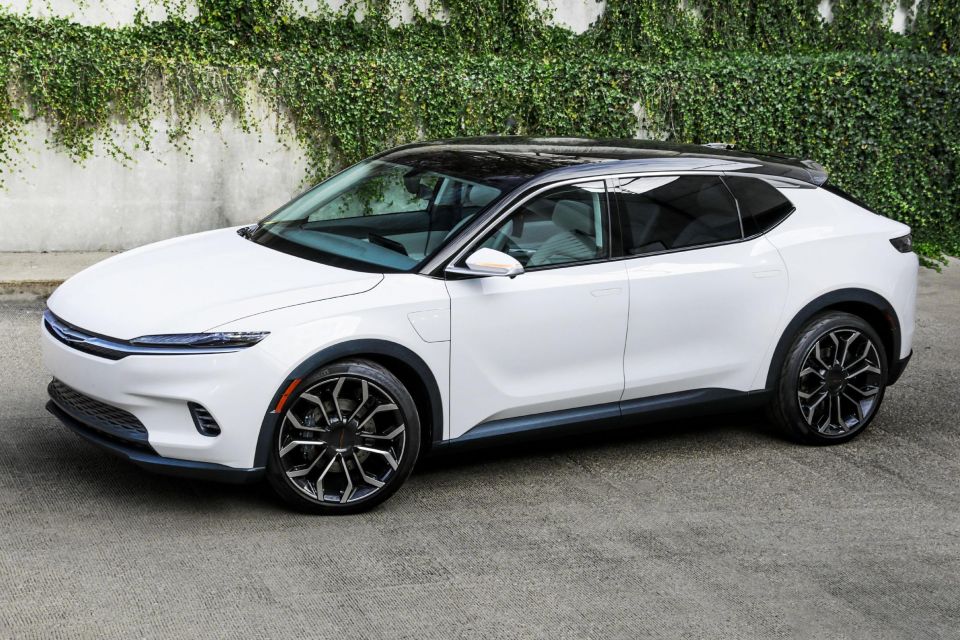
That was in addition to a muscle car for Dodge plus a “whitespace” off-roader for Jeep – which later became the Dodge Charger and Jeep Recon.
Stellantis also revealed the Chrysler Airflow concept in 2021, a sedately styled large crossover. However, Chrysler is reportedly going back to the drawing board with this model.
A sedan for Dodge is also rumoured to replace the current Charger sedan, while STLA Large could also eventually underpin replacements for models like the Chrysler Pacifica people mover and Jeep Grand Cherokee SUV.
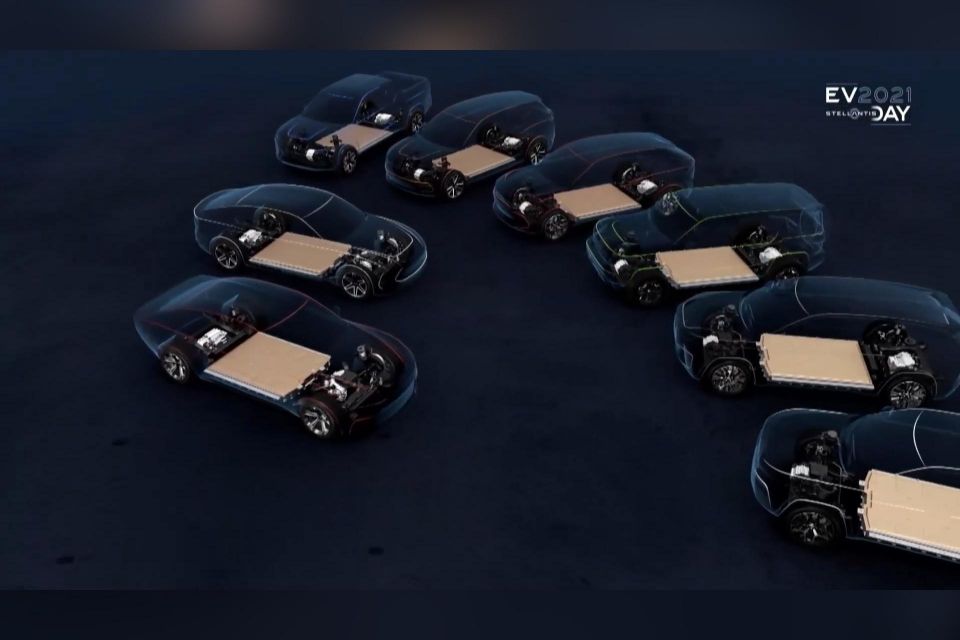
Alfa Romeo’s upcoming flagship also seems a natural fit for this platform, as is the reportedly delayed Maserati Quattroporte.
While Stellantis didn’t detail power outputs this time, it previously announced STLA Large vehicles would offer electric motors each producing between 125kW and 330kW.
Since this announcement, it has confirmed smaller-capacity batteries; previously, the smallest in a STLA Large vehicle was to be 101kWh.
It also previously said STLA Large vehicles would measure up to 5500mm long. It now appears any EV this large will likely be on the STLA Frame architecture.
William Stopford is an automotive journalist with a passion for mainstream markets and historical automotive pieces.


William Stopford
4 Hours Ago
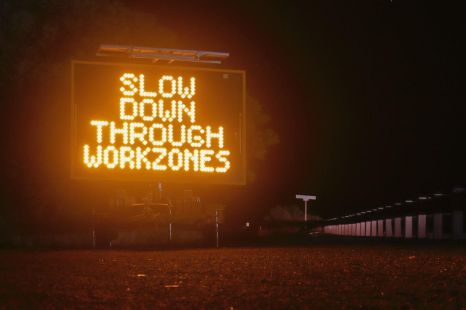

Ben Zachariah
7 Hours Ago
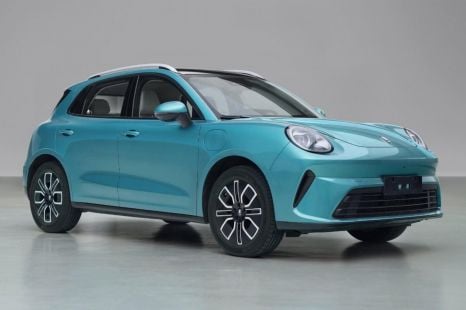

William Stopford
7 Hours Ago
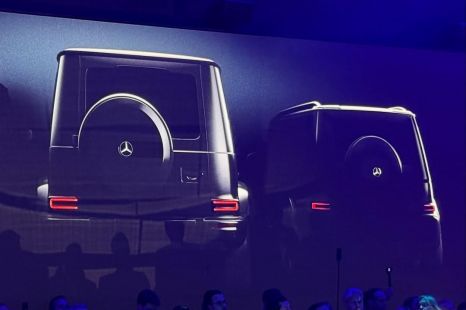

Ben Zachariah
9 Hours Ago
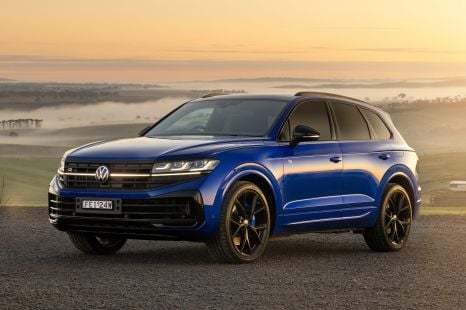

Damion Smy
9 Hours Ago
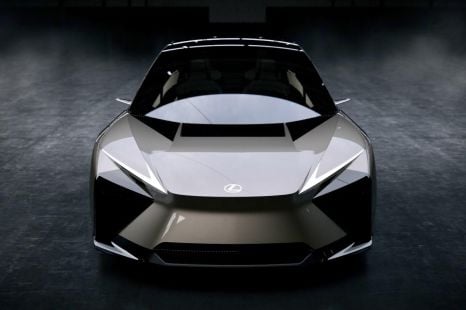

Ben Zachariah
10 Hours Ago